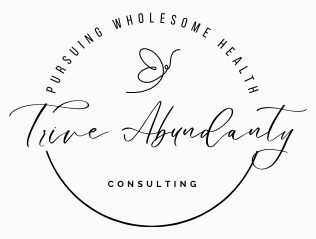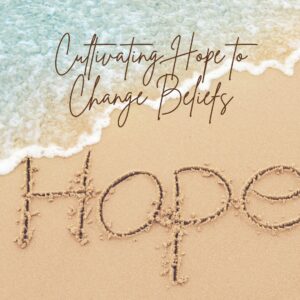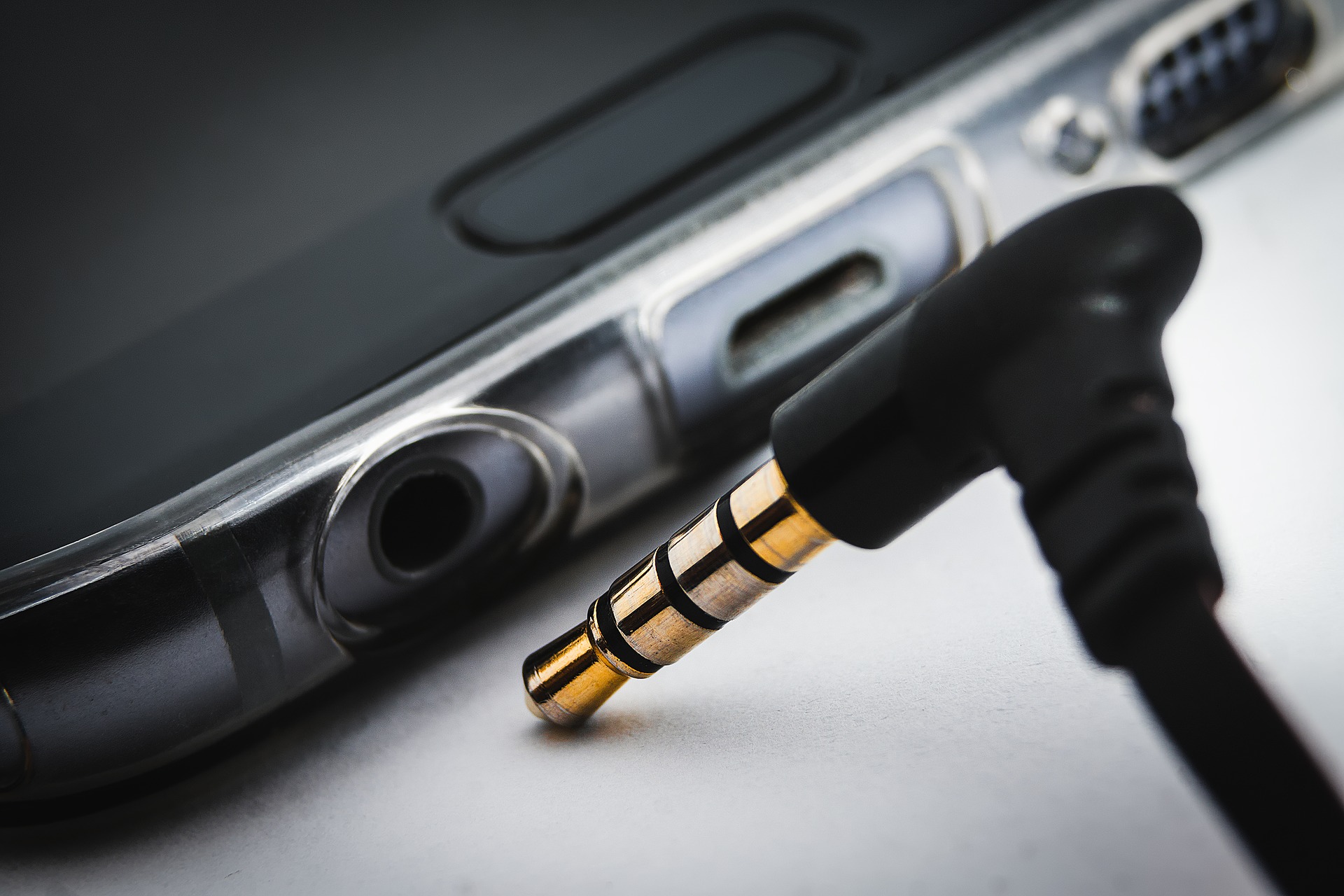This is post 13 of the “Living Fully Alive” Blog Series. Reading the posts in the order they were posted is recommended for the best reading experience.
Today we dive into the topic of disconnection. Disconnectors are also not self-aware, just like people in denial. Disconnected people find ways to numb themselves, they shut down, there is no noticeable joy, happiness, sadness, anger, no big feeling. Disconnected people just exist. The problem when people disconnect, is that feelings can’t be cherry picked, you can’t just shut off the bad ones, you shut out the life-giving ones also. So then you feel nothing.
Connecting back is essential to become alive again and feel. Disconnection is a self-protection mechanism. When a person is out of control, in pain, in an abusive situation, fully out of control as a kid, the only thing left to do in order to survive, is to disconnect, to stop feeling. Many kids just resolve to stop feeling, to disconnect in order to make it.
Survival mechanisms are tools that help us survive a severe situation. Those tools are helpful when there is no other option available to us. But when that mechanism continues after the season in which it served me to survive the crisis, I stay trapped, and a repeating cycle ensues.
Disconnection or denial or any other survival mechanism serve us well in the helpless child stage, but we are adults now and can learn to manage the issues coming at us with healthier tools.
If you have recognized such a mechanism, you can talk to yourself and say, “I will never be in that situation again, because I will never be as vulnerable as I was as a child.” (Children are the most vulnerable people on the planet) “I’ll never be a kid again, so I don’t need disconnection or denial or anger or whatever my choice of survival mechanism was, anymore.” “You’re safe, you can take care of this now.”
I got ridiculed and shamed for one of my survival mechanisms. So Abi and Justin spoke directly to me when they said to give myself compassion. The fact that any of us needed to resort to a self-protection mechanism is because we were in a situation where our survival was under attack. Let’s give ourselves compassion because we had so much pain we needed survival skills.
Some signs that help you discern if you disconnect are:
- Needing things outside of yourself in order to be ok. For instance, you are constantly on your phone or other device, always listening to music, constantly planning something so you don’t have down time.
- Keeping too busy to feel, no time to check in on feelings, gaming all the time.
- Prioritizing productivity (compartmentalizing feelings and just focusing on what needs to be done.)
- Not knowing what you are feeling.
- Inability to be alone with yourself.
- A person who is disconnected may have major delays in their emotions. They may not have an emotion until days, week, even months later. I think that has happened to me. I think I was disconnecting by comparing and deciding it’s not so bad, and then finally there is too much pain to stuff it and it suddenly all comes out.
Abi and Justin pointed out that if we have disconnected for years, we have been shoving feelings and emotions onto the same heap for a long time, and it accumulates into a mountain overflowing with emotions. Now that we become aware of it as we practice self-awareness, it may look overwhelming. Be assured, you don’t have to deal with more than you are able at one time. You don’t have to deal with it all at once, you couldn’t do so, even if you wanted to. Start by asking God, ‘what is there grace for processing today?’ It may just be one tiny aspect of an issue. Processing can happen in little increments. You don’t have to figure out all the pain at once. Balance is the key. Doing nothing because you’re too overwhelmed would be unhealthy. Expecting too much of yourself because you want it over and done with is also not going to be healthy. It is also entirely possible that you won’t catch everything, even with being self-aware and that’s ok too.
You need time for this. And it’s like exercising a muscle, you will get better at it as you exercise the self-awareness muscle more and more. We also need the help of other people as we learn this. They can help us see what we don’t see ourselves. Invite people around yourself to help you learn, giving them permission to give you feedback and reflection.
I have been in survival mode a long time, so when people tell me something critical, I don’t take it well. I have worked at not reacting, but I still don’t feel at peace inside. But as I invite people to help me, I have to decide to not be in self-defense mode. It is such an ingrained habit for me that I have to be really intentional about this. Instead of defending myself, I resolve to begin asking question about what they tell me. I want to ask them to tell me more about their observation. What makes them notice it? What do I do? How often do I do it? It’s a chance to realize something is not right with me, and I need to zero in on investigating to find out more and to understand more instead of defending it. If I defend, aren’t I denying in a sense? And if I deny, how will I be able to improve and get well?
If you took the enneagram test, here are some of the numbers and how they tend to react.
•1’s try to change everything, including themselves, to get out of the pain.
•2’s take care of others to avoid being self–aware.
•3’s look successful and achieve to not have to pay attention to their feelings.
•4’s indulge every feeling and because they feel so much, they aren’t self–aware.
•5’s use logic, facts, and research to avoid pain.
•6’s try to figure everything that could go wrong so that they can prevent pain.
•7’s play and look to the future to avoid pain.
•8’s avoid being vulnerable enough to feel the pain.
•9’s care more about keeping the peace than being self–aware.
In order to become more self-aware about disconnecting or denial, we need to investigate what rules we have created for ourselves that interfere with feelings.
For instance, find out how many things you do because of ‘shoulds’, such as religious rules. In Christian circles, for instance, it is frequently taught that you should not be angry, that being angry is sin. This statement is not even biblical, we get to be angry, we just don’t get to sin in our anger. But if we were raised to not get angry, then we have to disconnect when we feel anger, because otherwise we will feel guilty and sinful.
I can think of some other ‘shoulds’ that have been taught among Christians that have contributed to disconnection. How about the idea that as a Christian you should not mourn when another Christian dies because they are now in a much better place? Or what about all the misapplications of bearing our crosses?
Our family can also have taught us rules, family rules in this case, that result in needing to disconnect or deny. This will be different for everyone. The best way to start finding out about what it might be in your family would be to ask what emotions your family allowed. In my family, a form of double life began because we understood the unspoken rule that in church we must put on a happy face. I don’t know that I necessarily disconnected from how bad things really were, but I felt I wasn’t allowed to show resentment about it. Everyone was just expected to play along in the charade. For some reason, in my family, depression was an acceptable form of emotion. It was paid attention to. Most other emotions not so much.
Other rules we make for ourselves are based on how we experienced others. For instance, if my dad was angry, I might have made a rule for myself to say I will never rage like he did. So then, what do I do if I get angry and I have not learned to express it in a healthy way? I stuff it.
Comparison can also be the culprit for disconnection. I might compare myself to others, look at how badly off they are and tell myself, I shouldn’t feel this way, I am way better off than they. So what do I do with the feelings I shouldn’t have? I stuff them, or ignore them.
Lastly, we make rules because we are afraid that a certain emotion is going to destroy us. For instance, we might have seen a family member get completely overtaken by depression, and we will not allow ourselves to feel sad because we’re afraid we will end up like them. But it is not depression or sadness that destroyed that person, it was them choosing to allow depression to overtake and run their life. It has to do with that person giving in to a feeling of powerlessness. The real culprit is the free will to chose how to respond to a situation. It’s the choice to exercise free will in an excessive way that creates pain. I don’t have to be afraid of feeling sad because I am choosing not to be powerless like that family member chose to be. I choose to be powerful, to relate with my emotions in a healthful way. I am not powerless to my emotions.
The goal for this session is to begin to grow in self-awareness.
One way to do this is to be aware of the triggers that most drive me. What things do I avoid the most? When do I feel powerless, or helpless? Finding my top four triggers is a good starting point on the journey to better self-awareness. Again, if I don’t know the pain, then I can’t provide the healing. After all I can’t fix what I don’t recognize as broken. The reason we want to know our triggers is so we can say, for example “the reason I just had a big reaction to this is because I felt they were going to abandon me and abandonment is a big trigger for me.”
As a side note, it is important to be aware of your physical triggers also. If you have a blood sugar issue, for instance, know your signals to get food and don’t engage in a difficult conversation if you know you are exhausted or distracted, etc.
When I find myself getting frustrated, having illogical feelings in a situation, I can ask, “does this have something to do with my needs not being met, or with me not feeling appreciated, or with me being ridiculed and shamed, or with being treated unfairly, or with feeling manipulated and controlled? Are any of my four triggers happening?” Once I discern it, I can calm that shame showing up or whatever else got triggered. If I don’t know the lie that is coming up, I can’t speak the truth to it. If I don’t know the pain that is coming up, I can’t apply the healing to it.
Self-awareness will help me understand what I need, like, want, etc. I can’t know these things if I am disconnected and unaware.
While it is important to be in touch with my needs and validate them, I can’t demand that someone else meets my needs. If no one in my life is in a place to want to meet a need I have, I need to be ready to find ways to get my needs met by God or myself.
I have been rather stuck in a place for a long time, where I didn’t know what I needed. I realize it is coming from a place of not having gotten my needs met as a little girl. And little me somehow concluded it’s better not to have needs, unless I can meet them myself, then when they don’t get met, it doesn’t hurt. Or something like that. So, now that I am aware of this, I realize, there are many needs God created me with that I can’t meet myself. It took some vulnerability to reintegrate the God-created need in me because who was going to fill that need? I literally spend days telling myself that having needs is good, because God created me with needs and he said it was very good. So I had to re-teach myself that it was good to have needs and to be aware of them. And then I had to combat the fear and doubt that my needs were not going to be met, even tough God promises to meet my every need. This is real work, you guys, it doesn’t just happen. But as I was re-teaching myself, I began noticing several ways God came through for me. There is such healing in him showing up. And if he hasn’t shown up for you, don’t give up. He’s a keeper of his promises, no matter what the circumstances seem to say.
Homework option for this post is to begin identifying your four biggest triggers. Here are some helpful guidelines about how to dig it out.
Examples: fear of rejection, fear of abandonment, shame, fear of failure, powerlessness, fear of not being special/unique, fear of never getting your needs met, etc.
- Make a list of the biggest moments of pain in your life. Look at each event and write down the beliefs that each event pushed up.
For instance: I had to put myself to bed because my parents were not available. Beliefs I concluded from this repeat experience is I don’t matter. My need to be nurtured and cared for and tucked in is not as important as my siblings’ depression. I have to take care of myself. I don’t need anyone to tuck me in. I can do it myself. I am not going to expect any help because I don’t really need it anyway.
Make a list of the little triggers that most often result in you being annoyed/angry/sad/depressed. For instance, when I feel alone, when I feel taken for granted, when I feel manipulated, when I feel misunderstood.
- Look through both lists and see if there are some repeat themes. Look at both lists and rate which ones come up or get in the way most often.
- Bring your list of triggers to the people closest to you (the ones you let close enough to see you trigger.) Ask them what they would say your biggest triggers are.
- After investigating, pick the 4 you think are most common.
- Write them out and spend a few weeks paying attention to see if they feel accurate to you. It may take a few months of self-awareness, feedback from others, and investigating to feel like you have fully got it.
I have come up with five so far
Not getting my needs met
Not being valued
Being ridiculed, shamed
Not being treated fairly
Being manipulated, controlled
Justin gave a beautiful example of self-talk when identifying being triggered. He says to disengage from whatever interaction is going on, get alone somewhere and ask some questions.
How are you feeling right now? Ok you are feeling unvalued right now. We’re not going to waste energy arguing further because it’s not about that, it’s something with me. Where am I feeling unvalued? What do I need to not feel unvalued right now? What do I need to communicate?
This is how I can step in and become powerful in that moment over the emotion instead of letting it run me. I could communicate “I’m being triggered and I need a few minutes to breathe and process it, can you give me that?” Talk to self, “self, you’re not powerless anymore, you are not trapped. You have words. You can use your words. People respect you. They honor your yes, they honor your no. (that is actually not always true in my life) People will adjust, they’re not going to run you over.” Speak into it and that begins to resolve the trigger. So helpful in relationships.
In case you also find yourself in an environment where you won’t always feel supported in this journey, I thought of a few different things to say to myself. “You don’t have to let disrespect around you intimidate you from working on you and standing up for yourself. Even if people don’t honor your yes and no, you can find ways to live by and grow without having to resort to disconnection. God is always there. He will never disrespect you. You can pour out the pain of it to him. He gets it. He’s with you as you feel the pain instead of stuff it. Even if people continue to try to run over you, even if they don’t adjust, God is faithful in keeping his promises to you. He does not need their cooperation to grow you and bless you.”
If I know nothing else about my triggers than what the belief is that it taps into, then I know what the lie is, and because of God, I also know what the truth is. I can speak the truth to the lie instead of lashing out in emotionalism because I don’t know what I need. What I need first and foremost is the truth and validation. Validation will be the topic of the next post. Until then, become a truth teller to yourself!
To find out more about Living Fully Alive, click the hyperlink.







